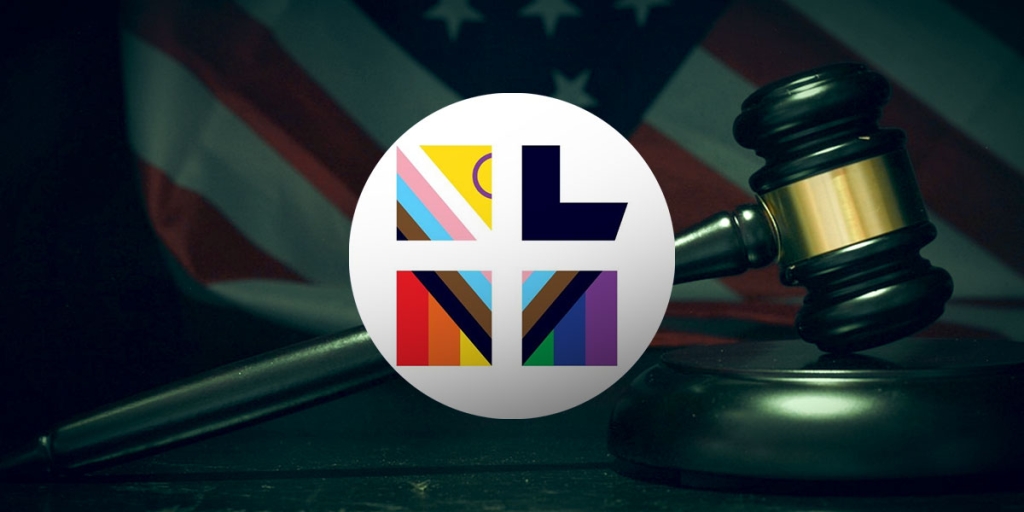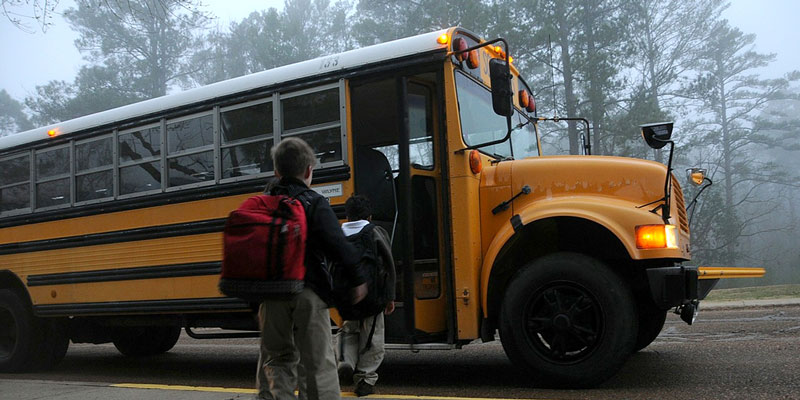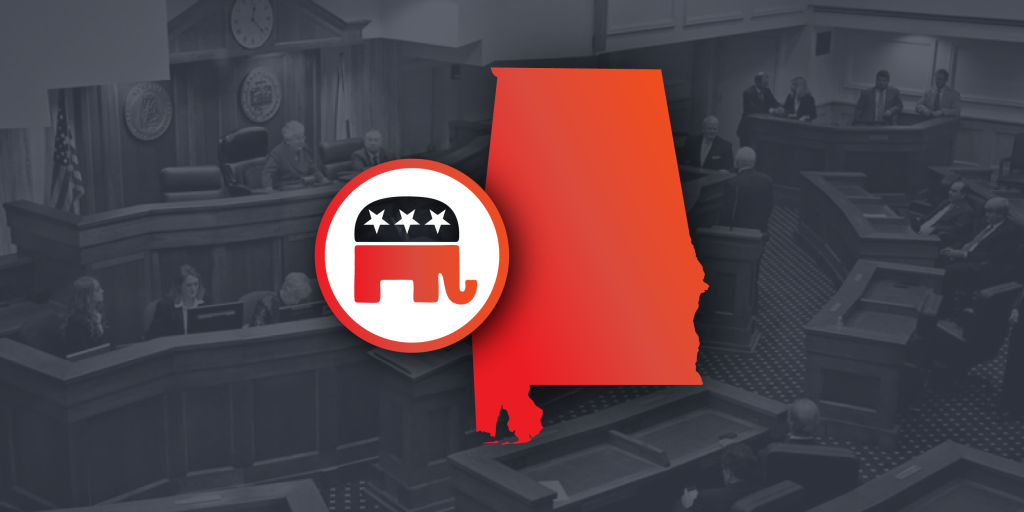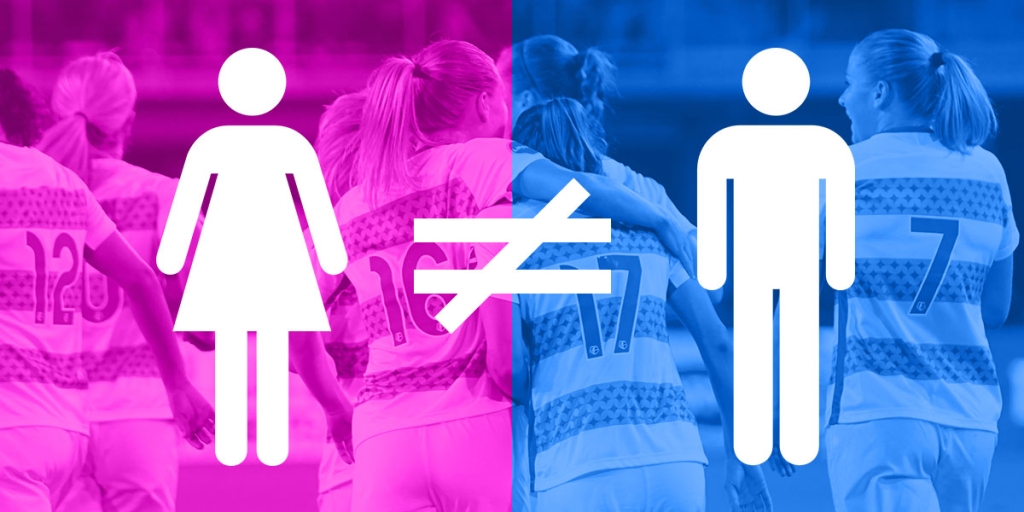MONTGOMERY — The respective health committees of the Alabama House and Alabama Senate on Wednesday separately approved the Alabama Vulnerable Child Compassion and Protection Act as amended.
The legislation, HB 303 and SB 219, would make it illegal for doctors to prescribe puberty blocking medications or opposite gender hormones to minors. The companion bills would also ban hysterectomy, mastectomy or castration surgeries from being performed on minors. Violations would constitute a Class C felony.
HB 303 is sponsored by State Rep. Wes Allen (R-Troy), while State Sen. Shay Shelnutt (R-Trussville) is carrying the legislation in the upper chamber.
“I was shocked when I found out doctors in Alabama were prescribing these types of drugs to children,” Allen has stated. “This is something you hear about happening in California or New York but it is happening right here in Alabama and it’s time we put a stop to that practice.”
The House Health Committee at its 10:30 a.m. meeting held a public hearing and then subsequently voted on the amended version of the legislation, which stripped a specific mandatory reporting requirement for educators from the original version of bill. The vote on advancing HB 303 as amended to the House floor was conducted via voice vote.
The Senate Health Committee then met at 12:00 p.m., holding an almost identical public hearing. The vote in the Senate committee on SB 219 as amended was conducted via roll call, with the vote coming down 10-1 on party lines.
Allen announced the introduction of the legislation last week. Both he and Shelnutt on Wednesday remarked that the bills are “about protecting children.”
During both committees’ respective public hearings, five opponents and five proponents each spoke on the Alabama Vulnerable Child Compassion and Protection Act. A few opponents were seen crying after each committee voted to advance the legislation. Different doctors testified for both proponents and opponents. Additionally, emotional testimony was heard from transgender individuals on the opponent side of the debate, as well as individuals who underwent transitions and then later changed their minds on the proponent side.
One transgender 18-year-old Alabamian told the committee of being suicidal “since infancy” (including as a “toddler”) before undergoing hormone treatments. A father of a nine-year-old Alabamian said his child, a biological male, was transgender and that he has been supportive of his child living as a girl. The father used female pronouns referring to his child, who he said will be allowed to start treatment to block puberty at the appropriate time.
State Rep. Neil Rafferty (D-Birmingham) told his fellow House committee members that they would have blood on their hands if the legislation becomes law. Opponents of the bill in attendance agreed.
Allen has noted that he recognizes that there are children who are struggling with psychological disorders, such as gender dysphoria. A previous release added that “he believes that we should help those children with therapeutic treatment from qualified mental health professionals, not allow these children’s bodies to be permanently mutilated.”
“Gender dysphoria is a real disorder. It’s listed in the DSM-5, published by the American Psychiatric Association, which lists all recognized mental disorders,” Allen remarked. “These children are suffering from a psychological disorder, just as someone who is suffering with bipolar disorder or schizophrenia but we treat those patients and try to help them. We should treat these psychological disorders as well.”
Allen’s release further stated that many of the puberty blocking medications and opposite gender hormones being prescribed to Alabama children “have irreversible consequences including sterilization, liver disease and increased risk for cancer.” Allen advised that the FDA has never approved the use of puberty blocking medications for the treatment of gender dysphoria.
“These patients are children who have not reached physical or mental maturity. It is irresponsible to permanently mutilate them at their request or at the request of their parents. We don’t allow minors to enter into contracts, buy alcohol or get a credit card because they aren’t capable of making those decisions and we should not allow them to do this either,” he concluded.
You can view a tweet thread from the committee meetings here.
HB 303 now heads to the full House for consideration, while SB 219 heads to the full Senate.
Sean Ross is the editor of Yellowhammer News. You can follow him on Twitter @sean_yhn












